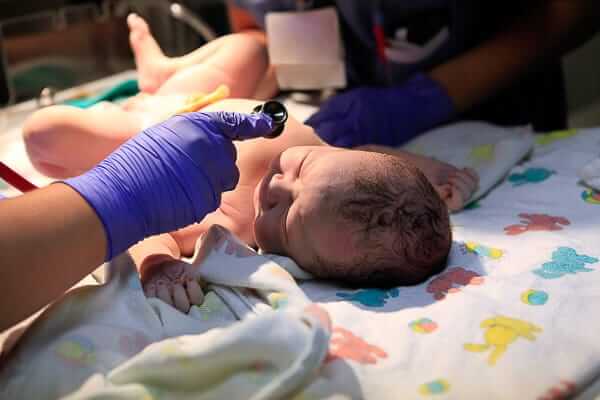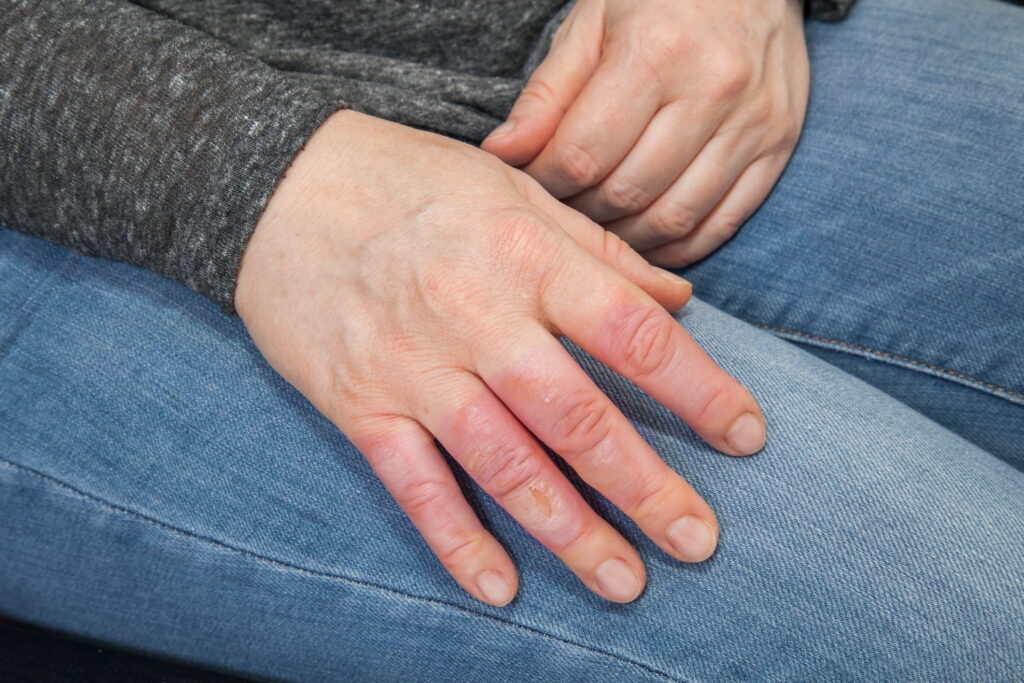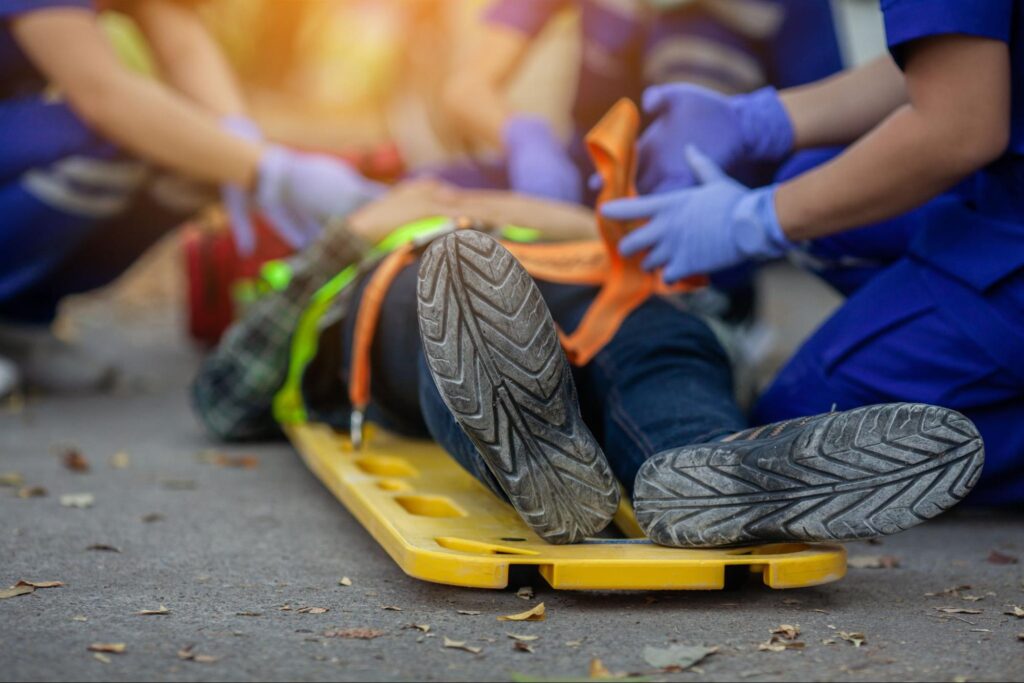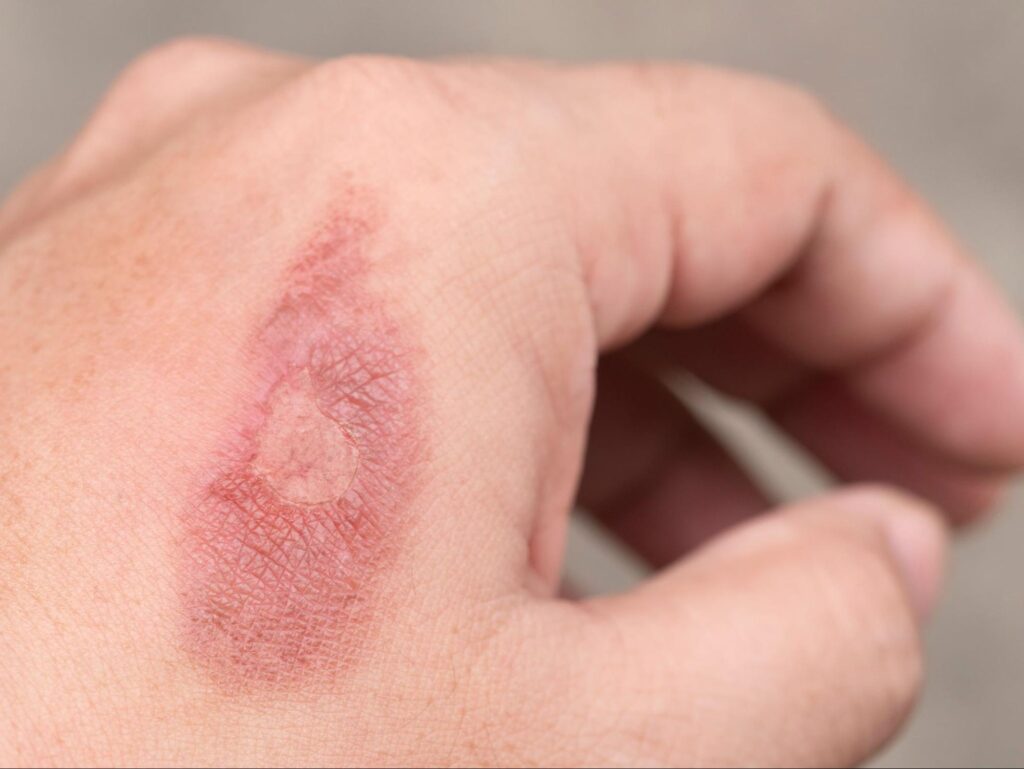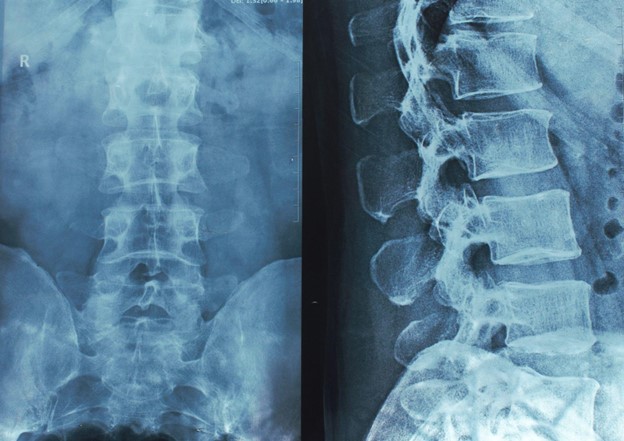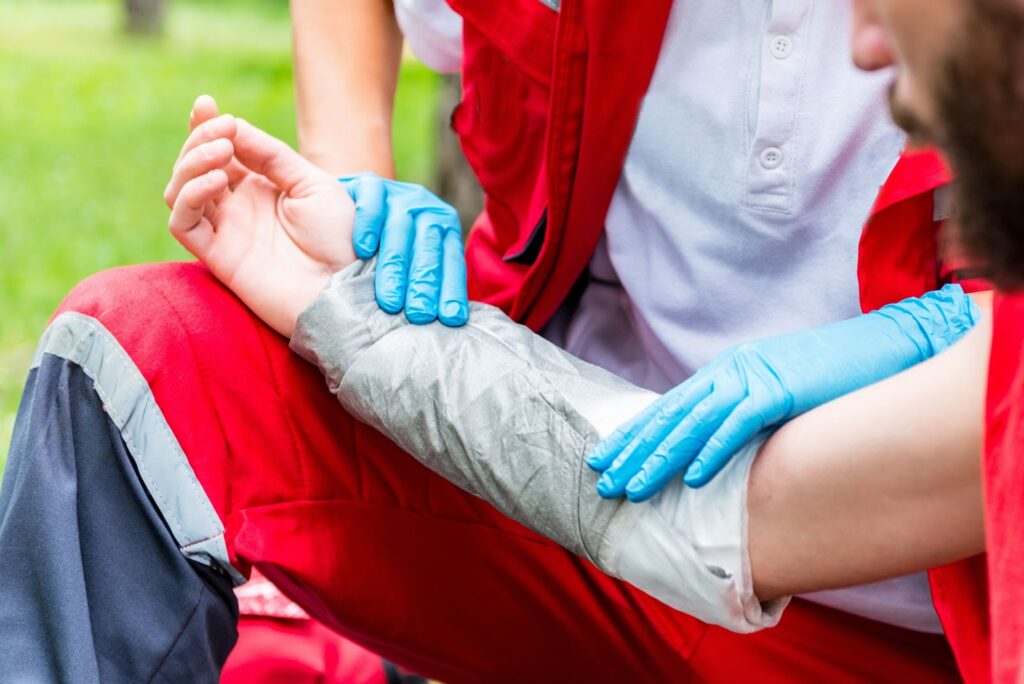Aurora Catastrophic Injury Lawyers
Every day, there are thousands of people injured in accidents, leaving many with life-altering catastrophic injuries. Our Aurora catastrophic injury lawyers can help you or a loved one cope with the aftermath of a catastrophic injury. We’ll explain the legal process, prepare you for what to expect from a lawsuit, and help you get the personal and financial assistance you need while we resolve your case.
Bachus & Schanker Wins – Over $1 Billion Recovered
- Our Aurora catastrophic injury lawyers are here for you
- What is a catastrophic injury?
- Common causes of catastrophic injuries
- Common types of catastrophic injuries
- What to do after a catastrophic injury accident
- Can I file a lawsuit due to a catastrophic injury in Aurora?
- Establishing negligence
- When a catastrophic injury leads to death
- How can a catastrophic injury lawyer help me?
- Do I have a case?
- Catastrophic injury case management
- Catastrophic injury lawsuit timeline
- What is the statute of limitations to file a catastrophic injury case in Aurora?
- What damages are available in a catastrophic injury case in Aurora, Colorado?
- What is the average settlement amount for a catastrophic injury claim in Aurora, Colorado?
- Aurora premier catastrophic injury lawyers
- You Deserve Fair Compensation
- Related Catastrophic Injury Resources
Our Aurora catastrophic injury lawyers are here for you
In addition to our experienced attorneys, we also provide the services of our Victim Advocates Team, a unique group staffed by former legal and law enforcement professionals that provides support to our most vulnerable clients. Our Aurora injury lawyers will work with our Victim Advocates Team to investigate your case, gather evidence, and hold the negligent party accountable. We’re here to advocate for your rights and get you the justice you deserve. We’ll look after the legal matters so you can focus on your recovery while still receiving justice for your injuries.
What is a catastrophic injury?
Catastrophic injuries include severe, permanent, life-changing injuries, such as amputation or paralysis. Catastrophic injuries also include debilitating injuries that require extensive treatment and take months of treatment to make a full recovery. Due to the time needed for medical treatment, those who recover from catastrophic injuries can deal with lifestyle changes for years.
Catastrophic injuries also include illnesses. Suppose you work for a company using toxic, cancer-causing chemicals. Your employer fails to provide adequate protective gear, and you develop cancer after being exposed to these chemicals. You could file a catastrophic injury lawsuit against your employer in this case.
Common causes of catastrophic injuries
Although accidents can happen almost anywhere at any time, common causes of catastrophic injuries include, but are not limited to, the following:
- Bicycle accidents: Bicyclists are vulnerable when riding on or near major roadways. The number of adult bicyclist deaths has multiplied over the last 45 years, and bicyclists may also sustain other catastrophic injuries, such as head trauma, bone fractures, and organ damage.
- Car accidents: Thousands of people are in car accidents every day, and traffic accidents are one of the primary causes of catastrophic injuries.
- Crime: There are millions of crime victims each year, and many crime victims suffer catastrophic injuries. In 2021, there were over 701,000 victims of violent crimes involving a weapon and another 636,030 victims of violent crimes involving injuries. Hundreds of thousands of additional people were victims of domestic violence and aggravated assault.
- Defective products: Faulty products can cause catastrophic injuries or death. Defective product manufacturers may be liable for selling products they know are defective.
- Medical malpractice: People expect to receive appropriate medical care when they see their doctor or go to the hospital; however, some patients receive inadequate or inappropriate treatment. In some cases, medical malpractice can cause catastrophic injuries.
- Motorcycle accidents: Like bicyclists, motorcyclists are vulnerable when on the road. Motorcyclists may suffer severe, life-altering injuries because they don’t have the safety features other vehicles offer.
- Slip and fall accidents: Millions of people need medical treatment for injuries after slip and fall accidents. Traumatic brain injuries and bone fractures are common slip and fall injuries.
- Truck accidents: Truck accidents are accidents involving larger commercial vehicles, such as garbage trucks, construction vehicles, and tractor-trailers. In 2020, U.S. traffic accidents involved 439,000 large trucks and 31,000 buses.
Common types of catastrophic injuries
What separates catastrophic injuries from other wounds or illnesses is the prognosis. The injured person’s inability to fully recover or the extensive amount of time needed for a full recovery is critical. Common catastrophic injuries include the following:
- Amputations: Losing a limb may impact your profession and recreational activities. Some amputees need assistive devices to perform routine tasks.
- Brain injuries: Traumatic brain injuries (TBIs) include concussions and permanent brain damage.
- Burn injuries: More than 480,000 people needed treatment for burn injuries in 2015. Those suffering from third- and fourth-degree burns may need extensive treatment and qualify as catastrophic injuries.
- Facial trauma: Severe facial trauma can be life-altering because you may need surgery to repair damage and reduce scarring. Since it’s nearly impossible to conceal facial trauma, victims suffering from this type of catastrophic injury may find it impacts their social life and career opportunities.
- Hearing loss: Hearing loss can impair your ability to communicate with others. Some hearing loss is permanent, and although hearing aids compensate for some types of hearing loss, people with this type of injury may need to learn alternative forms of communication, such as sign language.
- Organ damage: Organ damage includes collapsed lungs and lacerations, bruising, or punctures to any internal organs. Organ damage can cause blood loss and the need for surgery to repair or remove damaged organs.
- Spinal cord injuries: Spinal cord injuries (SCIs) can cause swelling and temporary or permanent paralysis. Individuals with SCIs may also feel chronic pain or numbness.
- Vision loss: Vision loss can impair your quality of life by preventing you from engaging in preferred activities, pursuing specific careers, and engaging with others. People with vision loss may need support to learn to read Braille and use other assistive devices.
What to do after a catastrophic injury accident
Taking the appropriate steps after a catastrophic injury can strengthen your lawsuit and help you when it comes time to seek compensation. There are also things you shouldn’t do after your injury.
What to do
You can do four things to help yourself after a catastrophic injury.
- Document events: Suppose you’re in a car accident. You may use your smartphone to record videos and take photographs at the scene. This evidence can be used to establish who the at-fault party was and other factors contributing to the accident.
- Gather evidence: If possible, get contact information for witnesses and note any surveillance cameras in the area that may have footage of the incident causing your injuries.
- Save documents: Save medical bills and other documents, such as the police report and news reports.
- Call an experienced attorney: Personal injury lawyers use their legal knowledge to protect their clients’ rights and fight for them to receive justice after a catastrophic injury.
What not to do
There are some things you should not do after suffering a catastrophic injury, including the following:
- Accept a settlement: The at-fault party’s insurance company may offer you a settlement. You should wait until you clearly understand your injuries and prognosis before considering a settlement offer. Discussing your case with an attorney also ensures you understand how much compensation you could seek.
- Admit fault: You may be in shock after suffering an injury and unaware of relevant factors that contributed to your injuries. Injury victims should talk to an attorney before admitting fault.
Can I file a lawsuit due to a catastrophic injury in Aurora?
Turn to catastrophic injury lawyers in Aurora for the legal representation you need. Receive a free consultation from our experienced personal injury lawyers. We’ll only charge you fees once we win your case.
Establishing negligence
Winning a catastrophic injury lawsuit involves proving the at-fault party’s negligence. This means you must demonstrate the following:
- Duty of care: It is reasonable to expect the at-fault party to act in a way to avoid harming you or others. Suppose you’re going shopping and slip on a wet floor. It’s reasonable to expect the store manager to eliminate or prevent safety hazards.
- Breach of a legal obligation: In some cases, the at-fault party’s negligence stems from their failure to uphold a legal obligation. Suppose you have a legal contract with a company. They’re supposed to remove hazardous materials from your property. Instead of removing the materials, they conceal them and leave them on your property. You have grounds to claim the company failed to fulfill its legal obligation.
- Causation: Proving causation means establishing your injuries occurred due to someone else’s negligence. You must demonstrate that the at-fault party’s negligent actions caused your injuries.
- Damages: You must demonstrate that you suffered financial and personal losses due to your injuries.
When a catastrophic injury leads to death
When catastrophic injuries cause a person’s death, their family members may seek justice through the legal system. The critical distinctions between catastrophic injury and wrongful death cases are who files them and the outcome for the injured party. The decedent’s surviving spouse can immediately file a wrongful death lawsuit in Colorado. They may permit the decedent’s children to file suit; otherwise, the decedent’s children must wait one year to take legal action. Parents, siblings, or other extended family members may be able to file suit in cases where a decedent doesn’t have a surviving spouse or children.
How can a catastrophic injury lawyer help me?
Your catastrophic injury attorney protects your legal rights and ensures you understand how much compensation you can receive. They’ll provide expert legal guidance so you only settle for what you deserve. Your attorney will fulfill the legal requirements for your case to proceed and conduct settlement negotiations, allowing you to prioritize your treatment and recovery.
Do I have a case?
A catastrophic injury attorney can confirm whether you have a legal case for your catastrophic injury. They will investigate the incident and use evidence from their investigation to identify the at-fault party, which may not always be clear.
Suppose you were injured in a traffic accident. A delivery vehicle driver ran through a stop sign and hit your vehicle. It may seem obvious that they broke a traffic law and caused your accident.
However, an investigation could reveal that the company the driver works for knew the vehicle had defective brakes and failed to replace them. Those facts could shift the responsibility from the driver to their employer.
Catastrophic injury case management
Catastrophic injury attorneys oversee all aspects of your case. Although a personal injury lawsuit involves filing legal paperwork, serving the defendant, and attending settlement conferences, several other steps are involved.
Experienced legal experts know how to manage a case so that they get the evidence they need before entering settlement negotiations. They also ensure their clients have a comprehensive diagnosis in order to accurately calculate the damages their clients should seek.
Catastrophic injury lawsuit timeline
Catastrophic injury lawsuits can take months or years to resolve. It’s crucial injury victims take time to pursue medical tests and receive a thorough diagnosis. There may be multiple injuries requiring extensive treatment, and an accurate prognosis helps attorneys determine how much compensation to seek.
It also takes time to prepare legal paperwork and gather evidence. Your legal team may interview dozens of witnesses and spend days collecting and reviewing physical evidence, including dash cams and security camera footage. Rushing an investigation could mean overlooking crucial details that could establish grounds for seeking punitive damages, which is why your legal team must take the necessary time to prepare your case.
It’s common for victims to settle without a trial; however, there are times when the defendant refuses to negotiate a settlement or fails to offer reasonable compensation. These cases take longer to resolve.
What is the statute of limitations to file a catastrophic injury case in Aurora?
The statute of limitations determines the window of time you have to take legal action. The time limit begins counting down the moment you suffer your injuries. In Colorado, the amount of time injury victims have to file a suit depends on what caused their injuries.
The statute of limitations in Colorado requires personal injury victims to take legal action within 24 months. However, if a car accident caused your injuries, you have 36 months to file suit.
What damages are available in a catastrophic injury case in Aurora, Colorado?
Catastrophic injury victims can seek economic and non-economic damages for their injuries. Economic damages are costs with a price tag, while non-economic damages compensate victims for the personal toll from their injuries.
Examples of economic damages include the following:
- Child care costs
- Elder care costs
- Job retraining
- Lost wages
- Medical expenses
- Personal care costs
- Property repair bills
- Therapy expenses
- Transportation costs
Examples of non-economic damages include the following:
- Emotional distress
- Grief
- Loss of intimacy
- Pain and suffering
Injury victims may also seek punitive damages if the at-fault party’s actions meet the legal standard for gross negligence.
What is the average settlement amount for a catastrophic injury claim in Aurora, Colorado?
The amount of compensation each injury victim receives varies. Some may receive millions in damages, while others may receive tens or hundreds of thousands. In addition to the damages awarded through a lawsuit, injury victims may qualify for government benefits and assistance from non-profit groups.
Aurora premier catastrophic injury lawyers

Bachus & Schanker’s Aurora personal injury lawyers will help you with your catastrophic injury claim. We’ll review your case, explain your legal options, and provide legal support while fighting for you to receive the justice you deserve after a catastrophic injury.
Sources:
Bieber, C. (2022). Typical Car Accident Settlement Amounts (2023).
Burn Incidence Fact Sheet. (2016).
Facts About Falls. (2023).
Fatality Facts 2021 Bicyclists. (2023).
Goguen, D. (2023). What is the Personal Injury Statute of Limitations in Colorado?
Gross Negligence. (2023).
Number of crime victims in the United States in 2021, by type of crime. (2023).
Number of vehicles involved in traffic crashes in the United States in 2020. (2023).
You Deserve Fair Compensation
Don’t let the insurance companies intimidate you into accepting less than you deserve. We’re ready to fight for you.
Related Catastrophic Injury Resources









